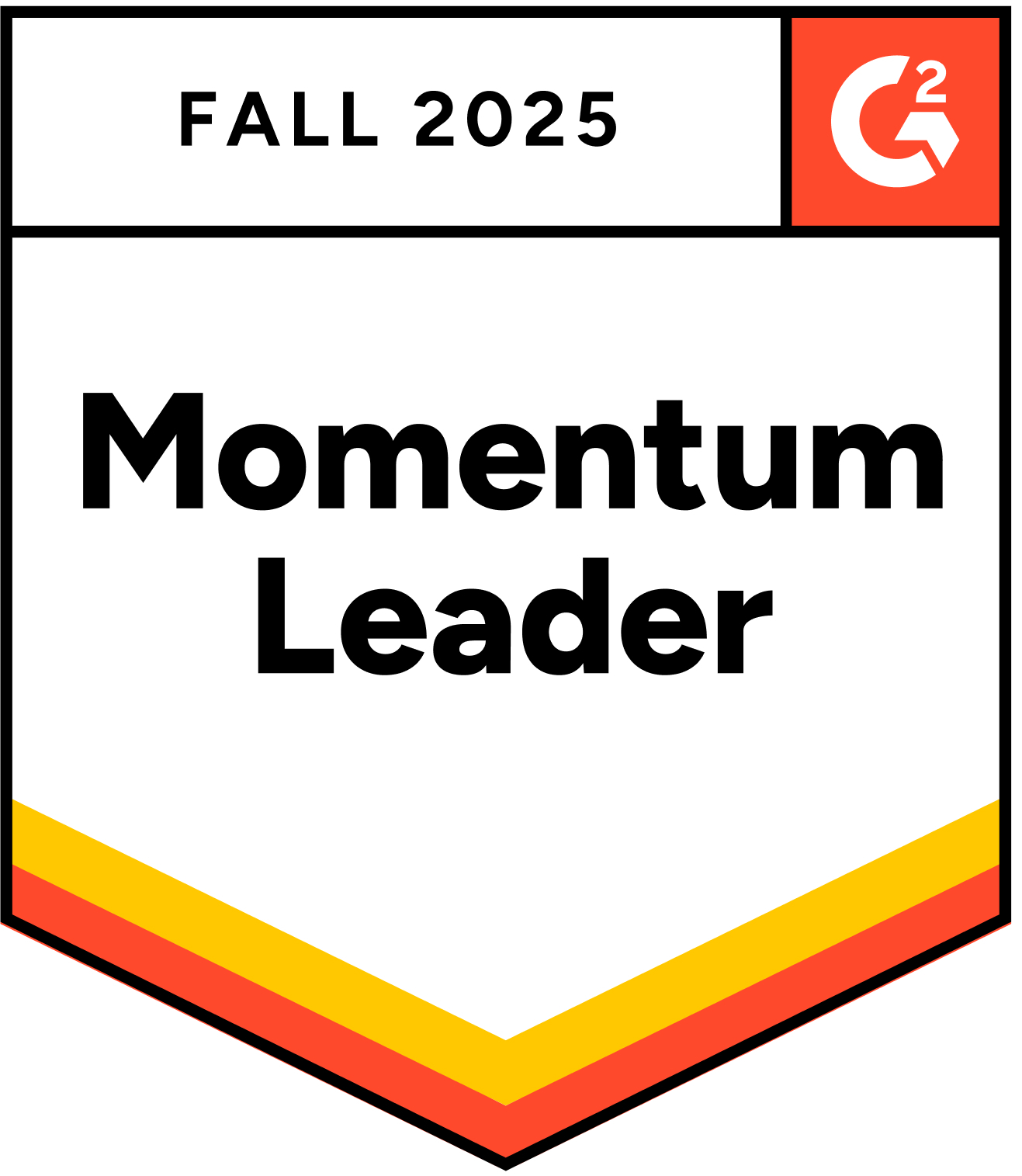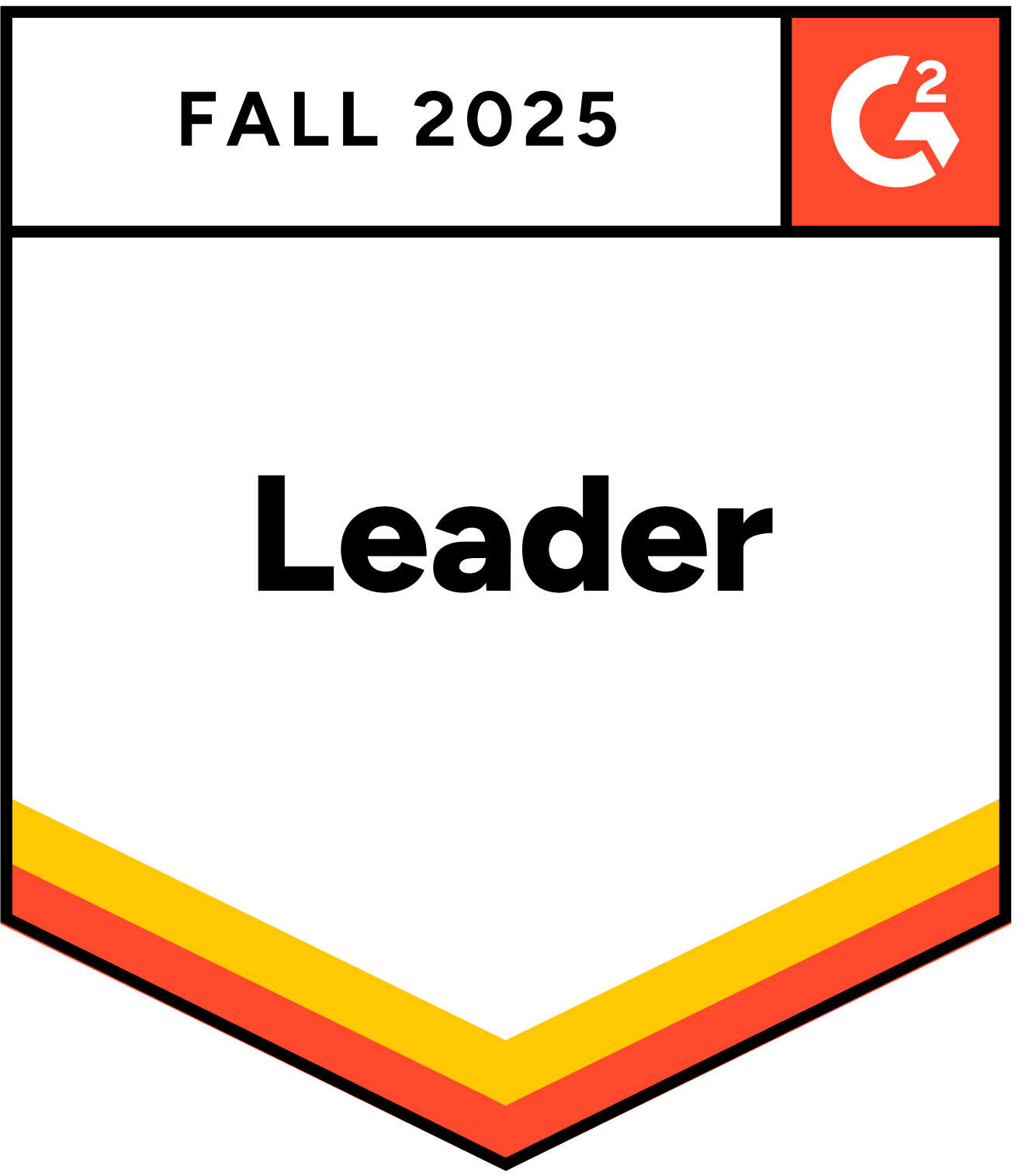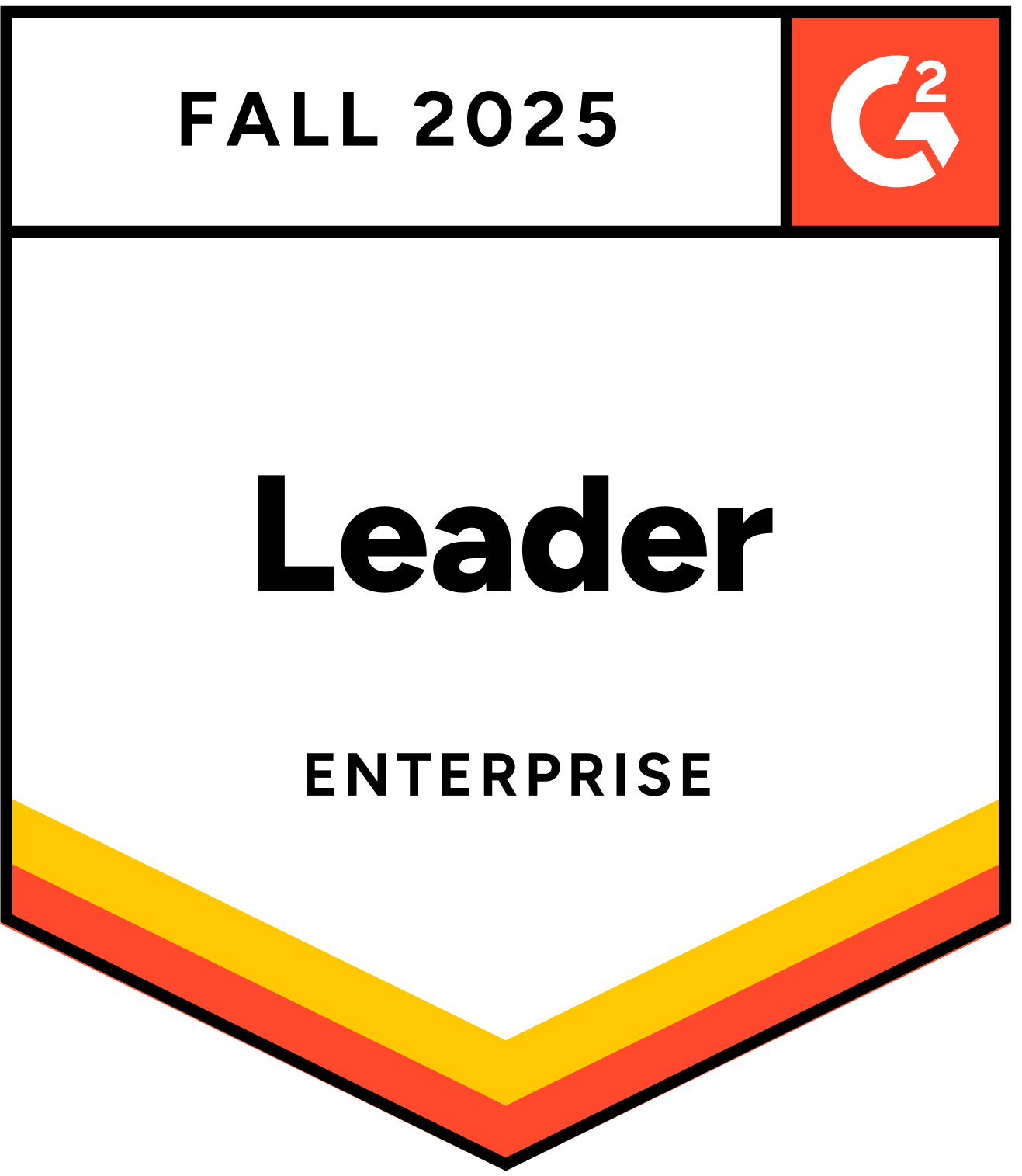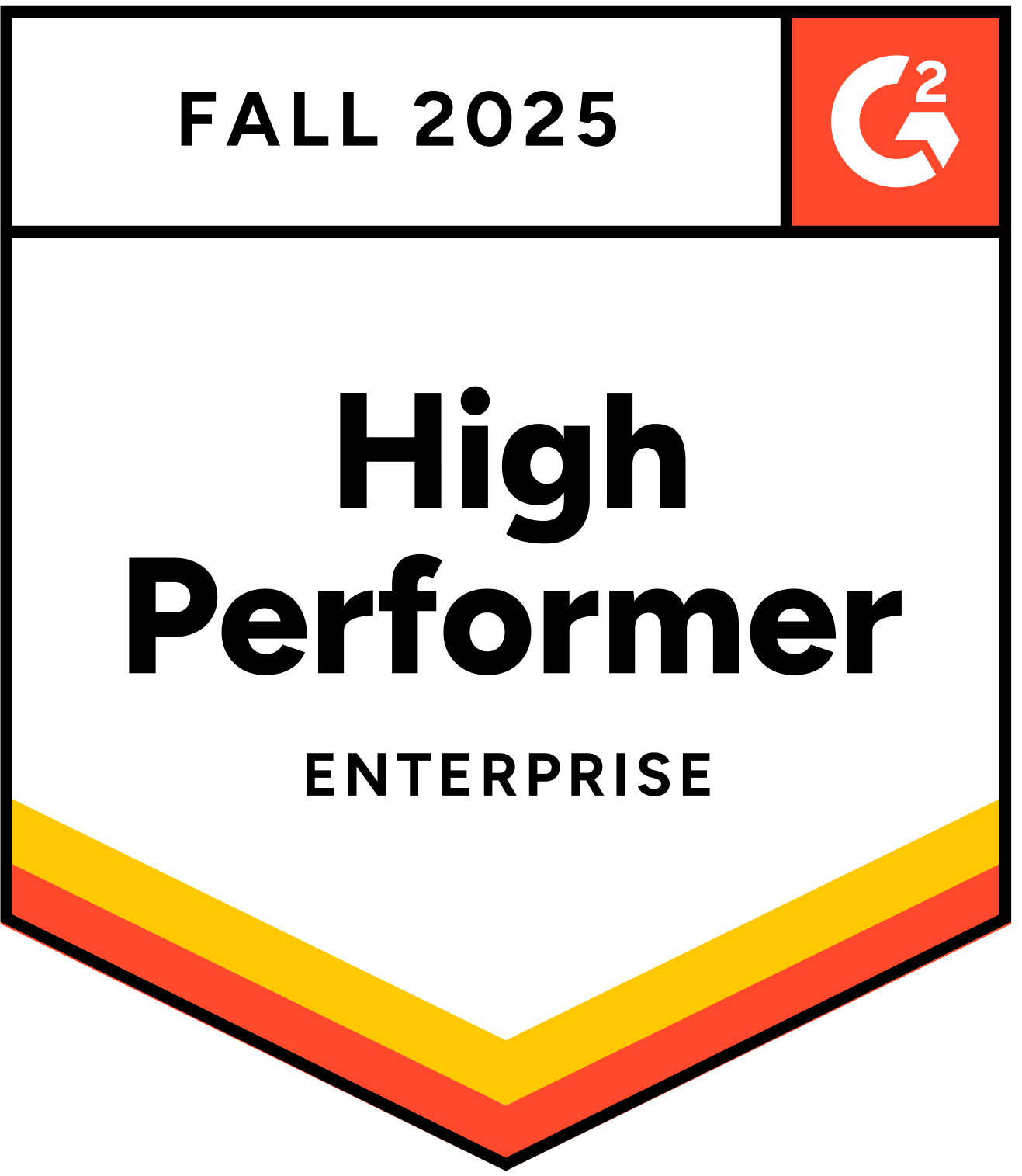In the competitive landscape of talent acquisition, it’s crucial to continuously upskill your team. We’ve gathered insights from CEOs and hiring leaders on the skills they’re investing in, ranging from data analytics expertise to leveraging AI. Here are the twelve key skills these leaders are focusing on to ensure their teams remain at the forefront of the industry.
Investing in Data Analytics Expertise
We try to keep a continuous-improvement mindset at Summit Search Group, so we are always on the lookout for new skills and knowledge areas that we can add to our team. Our main priority lately has been in the area of data analytics and data-driven decision-making. We’re emphasizing this in part because there have been so many exciting developments of late, both in the type and quality of data that can be acquired about job seekers and the broader job market, and in the tools available to analyze and derive insights from this data.
I see data analytics as important for a modern talent acquisition team for a number of reasons. For one thing, it helps to support the continuous improvement we strive for. Collecting this data helps recruiters and hiring teams to refine their process over time by pinpointing specific areas of the hiring process where we can make improvements. It also helps to clarify which of our strategies is the most productive or effective because we can put quantifiable metrics on the process and its results.
Utilizing data can also help to streamline the process of identifying the top candidates for a role, as well as enabling us to create more targeted recruiting processes tailored to the specific position and the needs of the client company. The power of data to identify patterns and emerging trends also helps us to better plan for what our clients’ hiring needs will be in the future, making us a more effective long-term recruiting partner.
Matt Erhard, Managing Partner, Summit Search Group
Let’s dive into the numbers, with the latest talent sourcing and recruitment advertising benchmarks!
Ready to Let the Data Do the Talking?
Developing Digital Acumen
We’ve focused on our talent acquisition team to develop their digital acumen. We really want to have a strong basis to quickly adopt new emerging technologies into improving our own operations. This translates into hiring the kind of people that can introduce these new methods of working to our business. It’s a skill we focus on heavily during recruiting, which is why it’s necessary that our talent acquisition team can screen for it. One way we do this is by providing them with free subscriptions to different tech publications, encouraging them to attend tech-focused conferences, and supporting them in implementing these kinds of improvements in their own department.
Will Baker, Director, Skirtings R Us
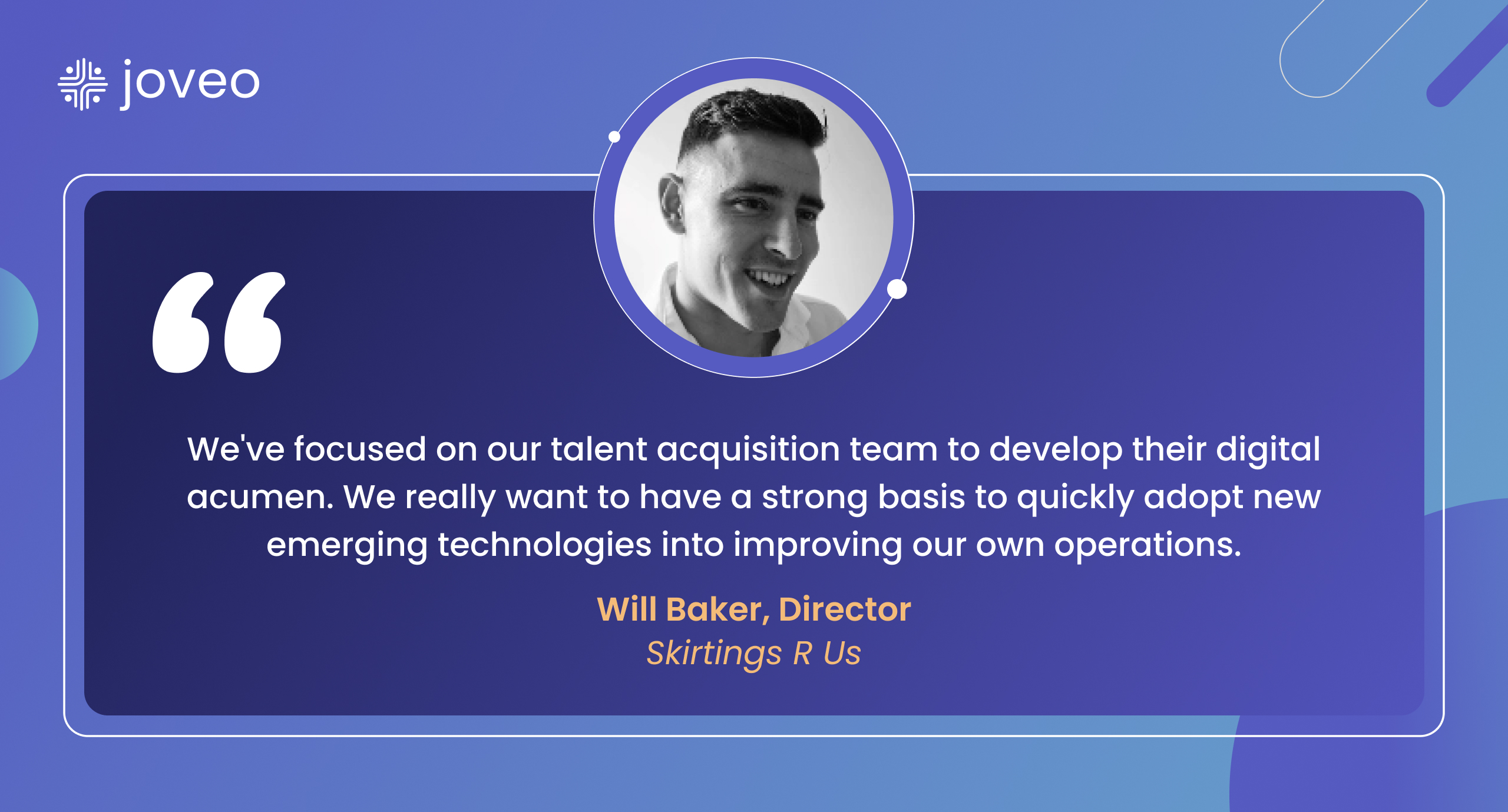
Focusing on D&I Recruitment
Our firm is devoted to educating our talent acquisition team on diversity and inclusion (D&I) recruitment tactics. This involves learning how to design inclusive job listings, find diverse candidates, and address unconscious bias during the recruiting process. I believe that D&I is critical for promoting innovation, increasing employee engagement, and representing the broad client base we serve. A diverse staff delivers new perspectives and ideas, which drives business growth.
By concentrating on diversity and inclusion, we improved our representation of underrepresented groups by 15%. Our recruiters attended courses on unconscious bias and used blind recruitment procedures. This resulted in a more inclusive hiring process and a more diverse talent pool, which improved our company’s ability to innovate and connect with a larger audience.
Timothy Allen, Director, Oberheiden P.C.
Harnessing Market Intelligence
One of the most important skills that we are focusing heavily on for our talent acquisition team is the ability to tap into market intelligence. This is an important skill because it allows our team to have a pulse on regional market trends, know emerging talent pools, and to be ahead of the curve in understanding where demand is heading. When we expanded our operations to Southeast Asia, for example, our team tapped into market intelligence not only to understand the local hiring process but also the local culture, which had an optimizing effect on our onboarding process by 30%. I have personally seen how impactful this skill is when our team used market data to tweak our recruitment strategies, thereby enhancing our ability to attract and retain the best talent in new markets. Needless to say, it has served us well in maintaining our competitive advantage in the global market.
Lucas Botzen, Founder, Rivermate
Prioritizing Employer Branding
At Caption Easy, we prioritize upskilling our talent-acquisition team in employer branding. Building a strong brand is essential for attracting top talent in a competitive market. For instance, enhancing our online presence and showcasing our company culture has significantly improved candidate engagement and application rates, ensuring we draw in the right fit for our roles.
Khurram Suhrwardy, CEO, Caption Easy
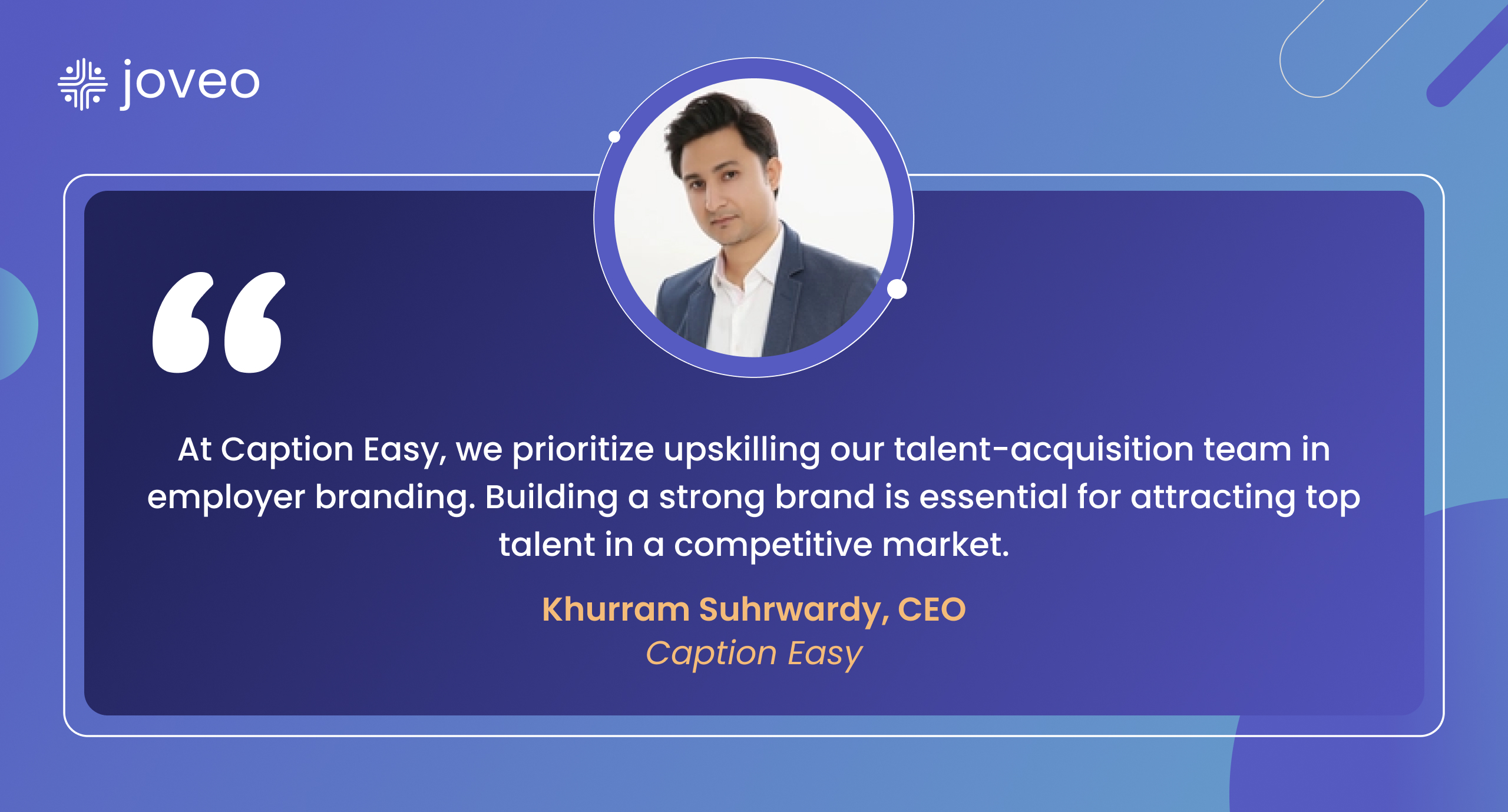
Training in Legal Compliance
We provide legal and compliance knowledge training to our talent acquisition team. Being in the legal field, it is very important that our hiring team is also aware of the legal rules and regulations that go behind hiring in this field. Since not every employee in our company comes from a legal background, we decided to give this training to the talent acquisition team. This includes laws to prevent discrimination and ensure fair treatment in candidate selection. They also get to learn about privacy laws to keep confidential data confidential, background checks, and verifying work eligibility. This also helps us avoid any legal problems and create a better hiring environment. Overall, in the end, we hire better candidates ethically and responsibly, benefiting both the company and the candidates.
David Weisselberger, Founding Partner, Erasethecase
Training in Digital Marketing
I am currently investing in training our talent acquisition team in digital marketing skills. In today’s competitive hiring landscape, it is essential for talent acquisition professionals to have a good understanding of digital marketing techniques in order to attract and engage top talent.
Digital marketing skills are important for talent acquisition teams because they enable them to leverage various online platforms and tools to effectively reach and connect with potential candidates. By understanding how to use social media, SEO, email marketing, and other digital marketing strategies, talent acquisition professionals can create targeted campaigns to attract the right candidates and build relationships with them.
One example of how digital marketing skills can benefit a talent acquisition team is by using social media platforms to showcase the company culture and employer brand. By creating engaging content and sharing it on platforms like LinkedIn and Instagram, talent acquisition professionals can attract passive candidates who align with the company’s values and culture.
Tom Molnar, Operations Manager, Fit Design
Make sure you’re using the right tools and tactics to advertise your jobs in today’s competitive market.
Get Your Hands on the Ultimate Recruitment Advertising Playbook!
Identifying Soft Skill Experts
In our company, we prioritize nurturing a dynamic and cooperative atmosphere. While technical expertise is valued, it’s the individuals who excel in building connections, engaging in dialogue, and fostering creativity that truly enhance our collective strength.
That’s why we’re investing heavily in training our talent acquisition team to identify these connectors. Think of them as the main element in our recipe for success. Management has recently added engaging workshops and realistic role-playing exercises, aside from the traditional interview format.
By prioritizing these soft skills, we’re building a team that doesn’t just function—they click. These team players become the driving force behind our positive company culture, ensuring everyone thrives and our success soars.
Alexander Havkin, Regional Sales & Project Manager, Ecoline Windows
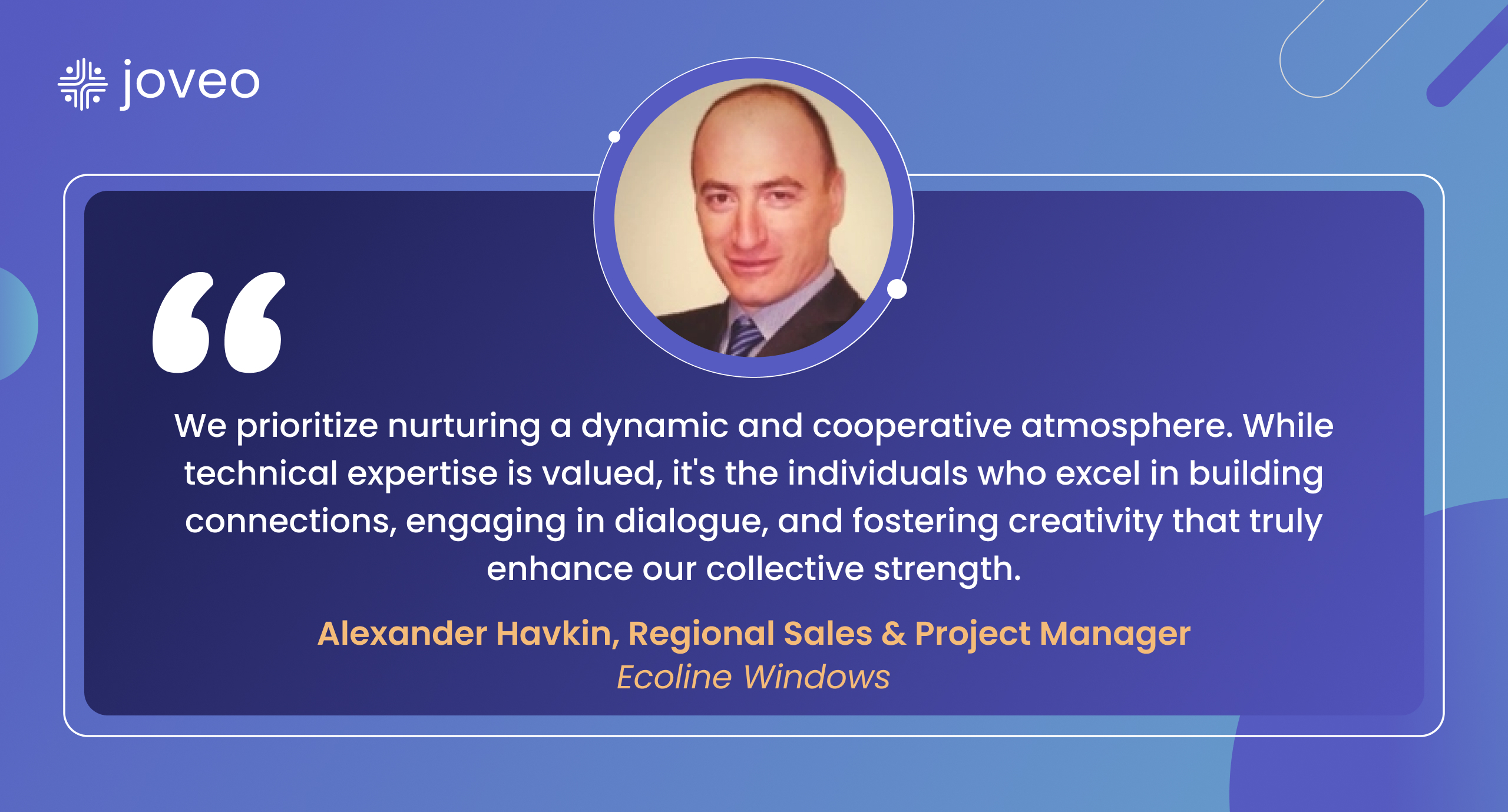
Enhancing Communication Skills
Talent acquisition has become so much more challenging over the last few years. If you’re going to recruit the best of the best, you’re going to have to up your talent acquisition game.
As cliché as it may sound, the most important skill for anyone in talent acquisition or human resources, in general, really is communication. Interpersonal relations are a big part of the job. If a potential new hire doesn’t get a good vibe from your hiring team, they’ll likely move on to the next interview.
Investing in upskilling your team’s communication skills is one of the best investments you can make if you want to help facilitate the recruitment of the talent you want to hire. With good communication, candidates are more likely to feel that they are a good fit for your organization. Without it, you’re essentially captaining a sinking ship.
Ryan Carrigan, CEO & Founder, moveBuddha
Implementing HCM Onboarding Practices
We’re investing in Human Capital Management (HCM) practices. Why? We believe in our team. We want to equip them with the right skills. HCM helps us manage our team better. It helps us find, attract, and keep talent.
For example, we recently hired a new team member. With HCM practices, we streamlined the onboarding process. The new hire fit right in. They picked up their tasks quickly. In a week, they were contributing to our projects. This would not have been possible without HCM.
The result? More productivity. More quality work. And a happier team. HCM practices are vital to us. Plus, they help us nurture our talent and help us succeed.
Tim Hanson, Chief Creative Officer, PenFriend
Assessing Adaptability in Candidates
We’ve recently started honing our talent acquisition team’s ability to identify candidate traits such as openness and adaptability—skills that are highly important in the fast-evolving security sector.
This focus is necessary as the technology and threats in our industry are constantly changing—employees who can change gears and embrace new methods are indispensable.
We’ve integrated scenario-based assessments into our hiring process, which have proven effective at revealing how candidates handle change and unexpected challenges—not only ensuring we bring on board individuals who thrive in these environments but also fortifying our team’s resilience and innovative capacity.
Eugene Klimaszewski, President, Mammoth Security
Leveraging AI in Talent Acquisition
Right now, we’re focusing on upskilling our talent acquisition team to adeptly handle automation in talent acquisition. As AI technology rapidly advances, it’s essential to bridge the skill gaps that emerge and learn how to leverage AI-powered tools to automate our internal processes. In our experience, many aspects of the recruitment process can be significantly streamlined by these technological advancements, including the screening of resumes and the coordination of interview schedules.
We’re experimenting with AI-powered technologies that help source, screen, sort, and rank candidates, building a pipeline of qualified talent whose skills and expertise align with the competencies required for high-priority roles. Our talent acquisition leaders are then able to compare these prospects with internal candidates identified through our talent marketplace. This marketplace uses AI to match current employees with open opportunities within the organization, based on their skills and career aspirations. This investment is crucial as it enhances our ability to efficiently recruit top talent and aligns our workforce with strategic organizational goals.
Sam Hickson, CEO, TG Wireless
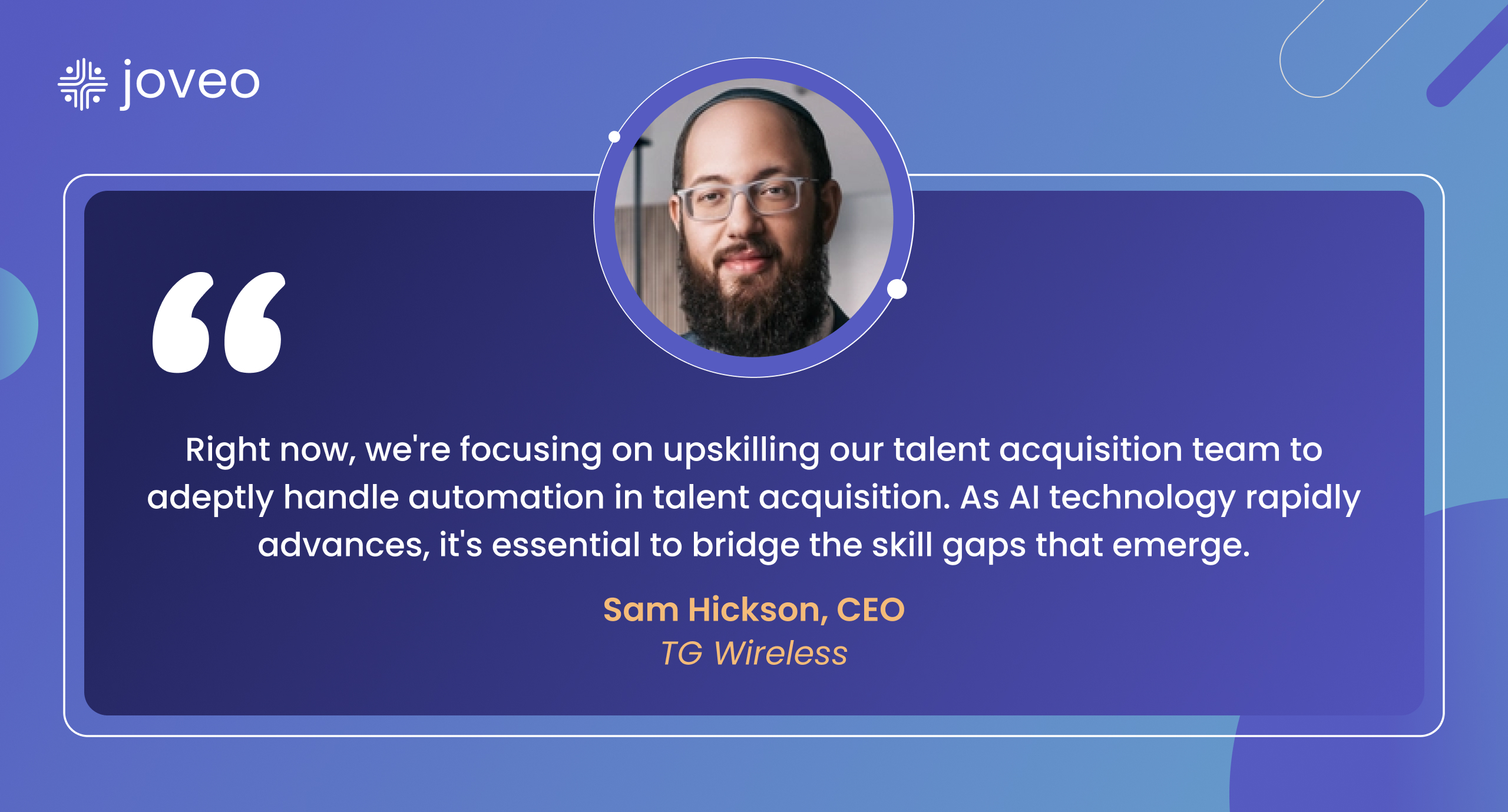
Conclusion
Upskilling your talent acquisition team is essential in today’s competitive landscape. By focusing on skills like data analytics, digital acumen, and leveraging AI, your team can efficiently manage the multiple stages of recruitment, enhance candidate experience, and foster innovation. Prioritizing continuous learning equips your team to attract and retain top talent, building a stronger, more driven organization.
See us in action to boost your company’s productivity. Follow us on Twitter and LinkedIn for more hiring insights!



